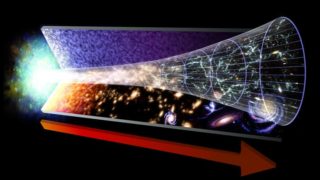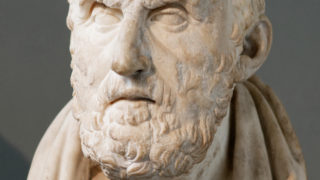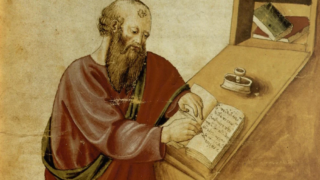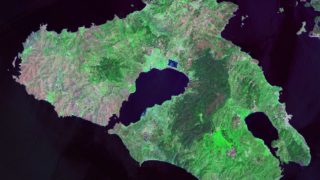
On theory and observation (1): The theoretician’s dilemma
Contemporary philosophy of science was, at least during its first decades (those of the glorious Vienna Circle), a kingdom of radically empiricist and positivist intellectuals: scientific knowledge had to be obtained and tested mainly through experiment, and everything that could not be robustly grounded on experimental observations was just dangerous speculation and metaphysics. The connections […]








